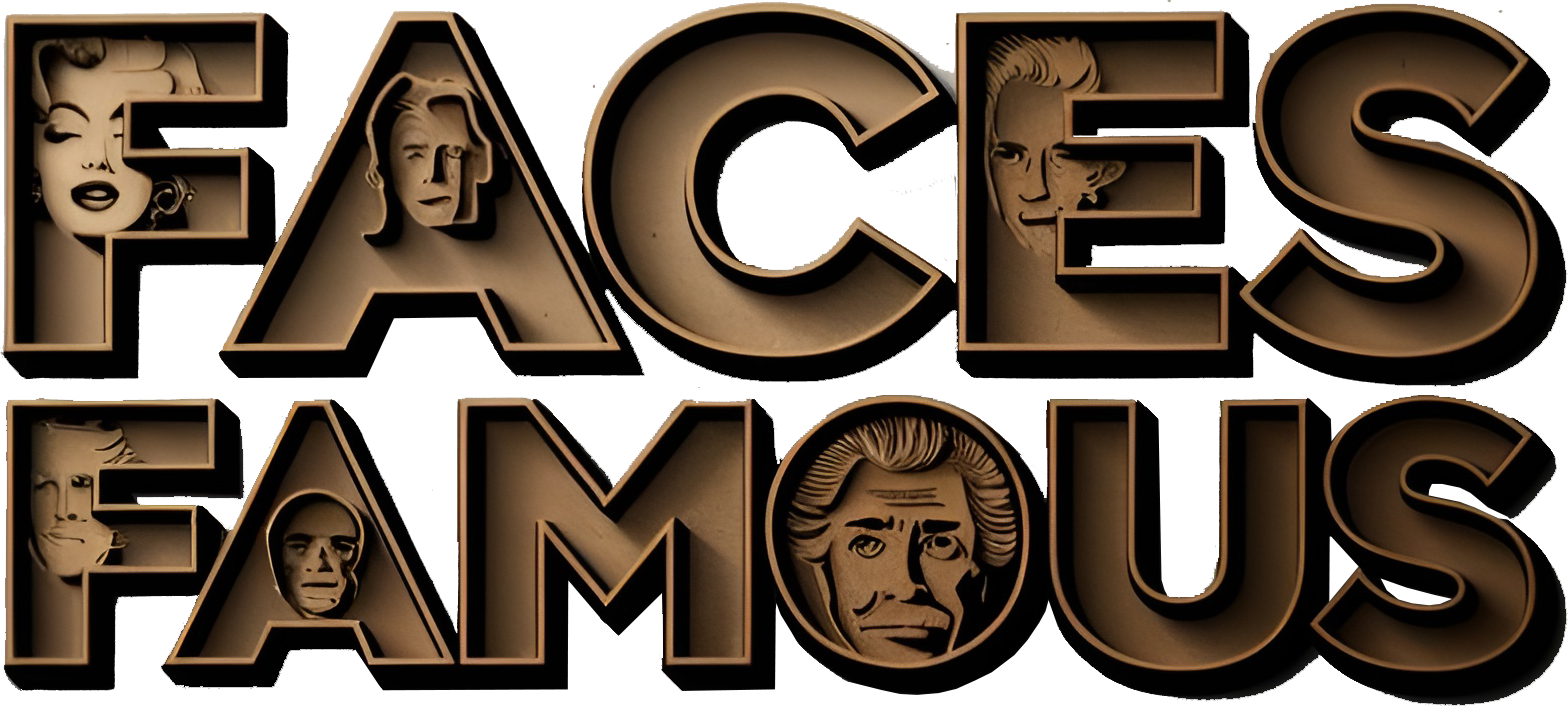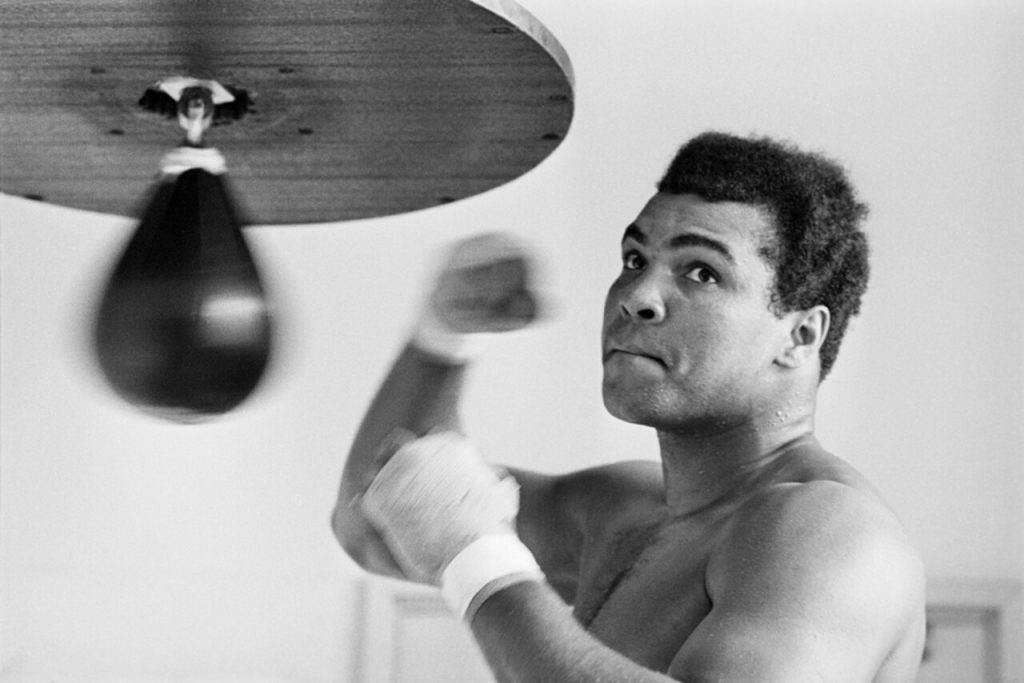Muhammad Ali, born Cassius Marcellus Clay Jr. on January 17, 1942, in Louisville, Kentucky, USA, was an American professional boxer, activist, and cultural icon. Widely regarded as one of the greatest athletes of all time, Ali transcended the sport of boxing, becoming a global symbol of resistance, empowerment, and humanitarianism. His unparalleled skill in the ring and his bold, charismatic personality outside of it made him a larger-than-life figure who left a lasting legacy.
Early Life
Ali was raised in a working-class family in Louisville, where he first discovered boxing at the age of 12 after his bicycle was stolen. A police officer and boxing trainer, Joe E. Martin, introduced him to the sport, and Ali quickly showed extraordinary talent. By the time he was 18, Ali had won numerous amateur titles, including two National Golden Gloves championships.
He achieved a major milestone when he won the light heavyweight gold medal at the 1960 Rome Olympics, solidifying his place as a rising star in the boxing world.
Professional Boxing Career
Early Success
Ali turned professional shortly after the Olympics, adopting a brash, confident persona that set him apart. He became famous for his pre-fight predictions, poetic trash talk, and his unique fighting style, characterized by speed, agility, and precision.
In 1964, at just 22 years old, he shocked the world by defeating the heavily favored Sonny Liston to win the World Heavyweight Championship. Ali famously declared, “I am the greatest!”, a phrase that would define his career.
The Name Change
Following his victory over Liston, Clay announced his conversion to Islam and changed his name to Muhammad Ali, renouncing what he called his “slave name.” This decision sparked widespread controversy but also marked the beginning of his activism and commitment to civil rights.
Career Highlights
- The Fight of the Century (1971): Ali faced Joe Frazier in what was billed as the “Fight of the Century.” Although Ali lost in a unanimous decision, the bout remains one of the most iconic in boxing history.
- The Rumble in the Jungle (1974): Ali regained the heavyweight title by defeating George Foreman in Zaire (now the Democratic Republic of Congo). Employing his famous “rope-a-dope” strategy, Ali outlasted Foreman and knocked him out in the eighth round.
- The Thrilla in Manila (1975): Ali faced Frazier for the third and final time in a brutal, grueling match that Ali described as the closest thing to death he had ever experienced. Ali emerged victorious after Frazier’s corner stopped the fight.
Activism and Social Impact
Refusal to Serve in Vietnam
In 1967, at the height of the Vietnam War, Ali refused to be drafted into the U.S. Army, citing his religious beliefs and opposition to the war. He famously declared:
“I ain’t got no quarrel with them Viet Cong. No Viet Cong ever called me [a racial slur].”
This decision led to widespread backlash, and Ali was stripped of his boxing titles, banned from the sport, and sentenced to five years in prison (though he remained free on appeal). His stance made him a hero to anti-war activists and civil rights advocates.
Civil Rights and Humanitarian Work
Ali was deeply involved in the fight for racial equality and used his platform to speak out against injustice. Later in life, he focused on humanitarian efforts, including supporting impoverished communities, advocating for peace, and working with organizations like the United Nations.
Later Life and Health Challenges
Ali returned to boxing in 1970 after a three-year absence and went on to reclaim the heavyweight title. However, his career began to decline in the late 1970s. He retired for good in 1981 with a professional record of 56 wins (37 by knockout) and 5 losses.
In 1984, Ali was diagnosed with Parkinson’s disease, a neurological disorder likely caused by the physical toll of his boxing career. Despite his declining health, Ali remained active in public life, using his fame to promote various causes.
Legacy
Muhammad Ali is more than a sports legend; he is a cultural and social icon whose impact extends far beyond the boxing ring. His courage in standing up for his beliefs, his charismatic personality, and his humanitarian efforts have inspired millions worldwide.
Ali was honored with numerous awards and accolades, including:
- Sports Illustrated’s Sportsman of the Century
- BBC Sports Personality of the Century
- The Presidential Medal of Freedom in 2005
His funeral in 2016 drew millions of mourners, including world leaders, athletes, and fans, all paying tribute to his extraordinary life.
Interesting Facts
- Ali threw his Olympic gold medal into a river after experiencing racial discrimination upon returning to the U.S.
- His most famous catchphrase, “Float like a butterfly, sting like a bee,” describes his unique boxing style.
- Ali lit the Olympic flame at the 1996 Atlanta Games, a moment that showcased his enduring legacy despite his battle with Parkinson’s.
Muhammad Ali’s life was a testament to greatness in the face of adversity. As a boxer, he redefined the sport with his skill and charisma. As a human being, he stood for justice, peace, and equality, leaving a legacy that continues to inspire generations.



